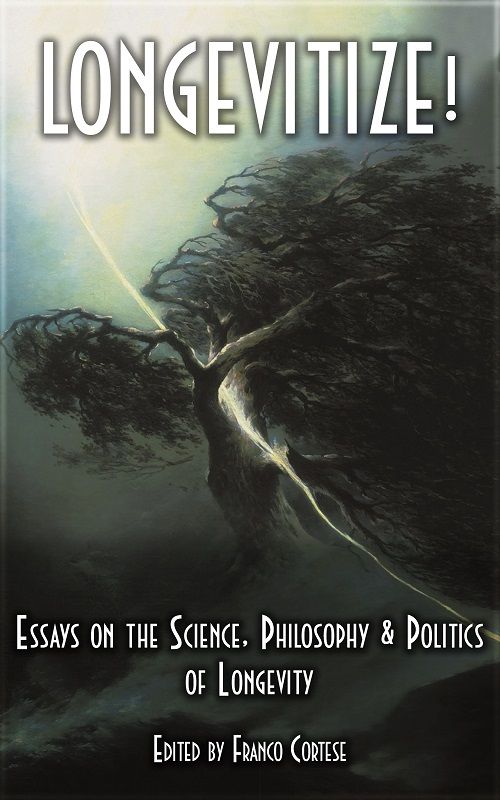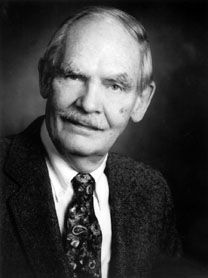Sep 3, 2013
Longevitize!: Essays on the Science, Philosophy & Politics of Longevity
Posted by Franco Cortese in categories: biological, biotech/medical, education, ethics, futurism, human trajectories, life extension, lifeboat, media & arts, philosophy, policy
Containing more than 160 essays from over 40 contributors, this edited volume of essays on the science, philosophy and politics of longevity considers the project of ending aging and abolishing involuntary death-by-disease from a variety of viewpoints: scientific, technological, philosophical, pragmatic, artistic. In it you will find not only information on the ways in which science and medicine are bringing about the potential to reverse aging and defeat death within many of our own lifetimes, as well as the ways that you can increase your own longevity today in order to be there for tomorrow’s promise, but also a glimpse at the art, philosophy and politics of longevity as well – areas that will become increasingly important as we realize that advocacy, lobbying and activism can play as large a part in the hastening of progress in indefinite lifespans as science and technology can.
The collection is edited by Franco Cortese. Its contributing authors include William H. Andrews, Ph.D., Rachel Armstrong, Ph.D., Jonathan Betchtel, Yaniv Chen, Clyde DeSouza, Freija van Diujne, Ph.D., John Ellis, Ph.D., Linda Gamble, Roen Horn, the International Longevity Alliance (ILA), Zoltan Istvan, David Kekich (President & C.E.O of Maximum Life Foundation), Randal A. Koene, Ph.D., Maria Konovalenko, M.Sc. (Program Coordinator for the Science for Life Extension Foundation), Marios Kyriazis, MD, M.Sc MIBiol, CBiol (Founder of the ELPIs Foundation for Indefinite Lifespans and the medical advisor for the British Longevity Society), John R. Leonard (Director of Japan Longevity Alliance), Alex Lightman, Movement for Indefinite Life Extension (MILE), Josh Mitteldorf, Ph.D., Tom Mooney (Executive Director of the Coalition to Extend Life), Max More, Ph.D. , B.J. Murphy, Joern Pallensen, Dick Pelletier, Hank Pellissier (Founder of Brighter Brains Institute), Giulio Prisco, Marc Ransford, Jameson Rohrer, Martine Rothblatt, Ph.D., MBA, JD., Peter Rothman (editor-in-chief of H+ Magazine), Giovanni Santostasi, Ph.D (Director of Immortal Life Magazine, Eric Schulke, Jason Silva , R.U. Sirius, Ilia Stambler, Ph.D (activist at the International Longevity Alliance), G. Stolyarov II (editor-in-chief of The Rational Argumentator), Winslow Strong, Jason Sussberg, Violetta Karkucinska, David Westmorland, Peter Wicks, Ph.D, and Jason Xu (director of Longevity Party China and Longevity Party Taiwan).












